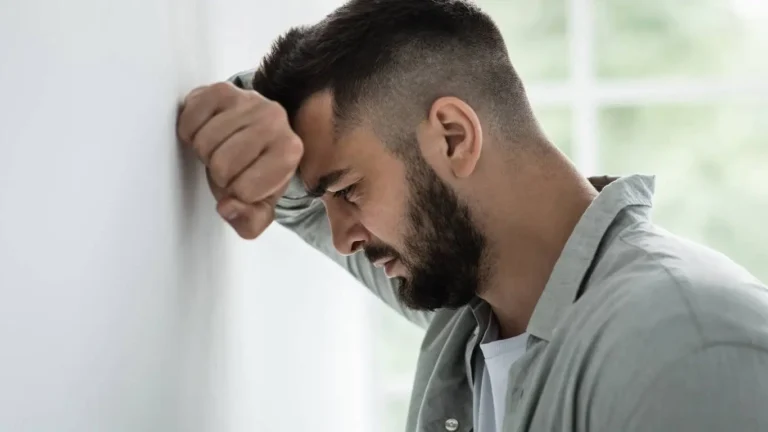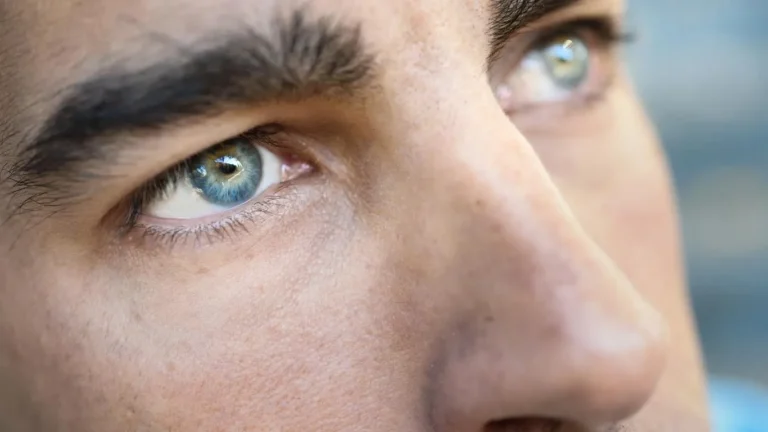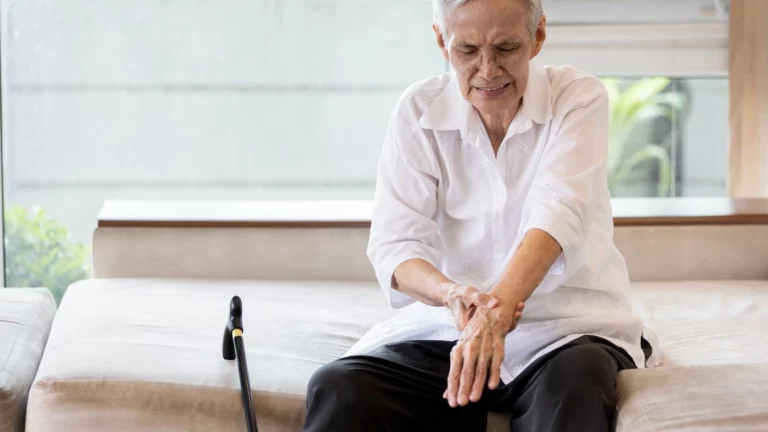Understanding Secondary Hypertension Causes: What You Need to Know 🩺💡
`
Let’s talk about secondary hypertension—a fancy term for high blood pressure that happens because of another health issue. We usually hear about regular hypertension (the primary kind), but secondary hypertension is sneaky, often tied to things like kidney problems, hormonal imbalances, or even medications. So, if you’re dealing with high blood pressure and can’t figure out why, this might be the culprit.
In this post, I’m gonna break down what causes it, how it’s different from regular hypertension, and how to troubleshoot if you’re facing this. Plus, I’ll throw in some real-life success stories to show how people are managing it. So, let’s dive in!
What is Secondary Hypertension?
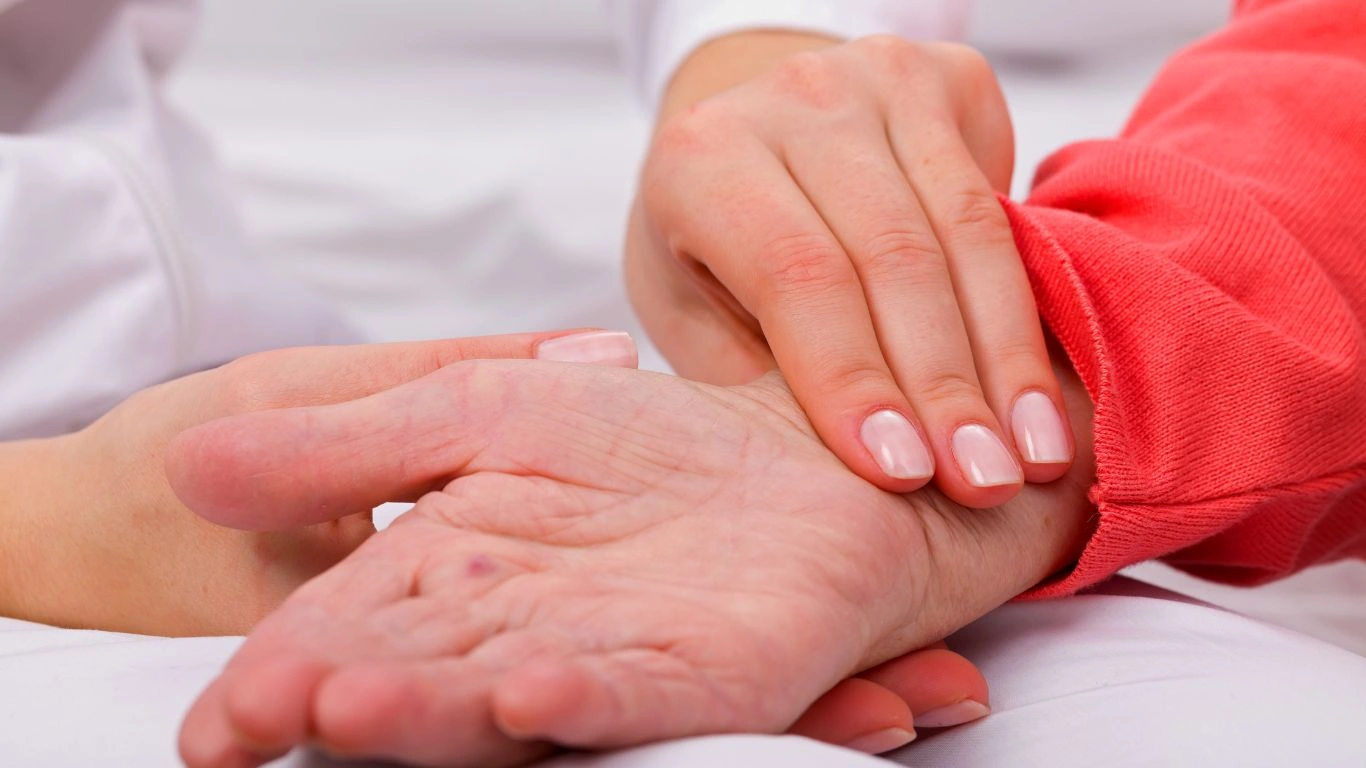
Basically, secondary hypertension is high blood pressure caused by another health condition. Unlike primary hypertension, where doctors are kinda like, “Well, it’s probably genetics and lifestyle choices,” secondary hypertension has a clear cause, like kidney disease, sleep apnea, or even some meds you’re taking.
If your blood pressure is high and you can’t figure out why, it’s time to check for something that could be causing it. Secondary hypertension doesn’t just happen on its own—it’s the result of something else going on in your body.
Common Causes of Secondary Hypertension 🏥
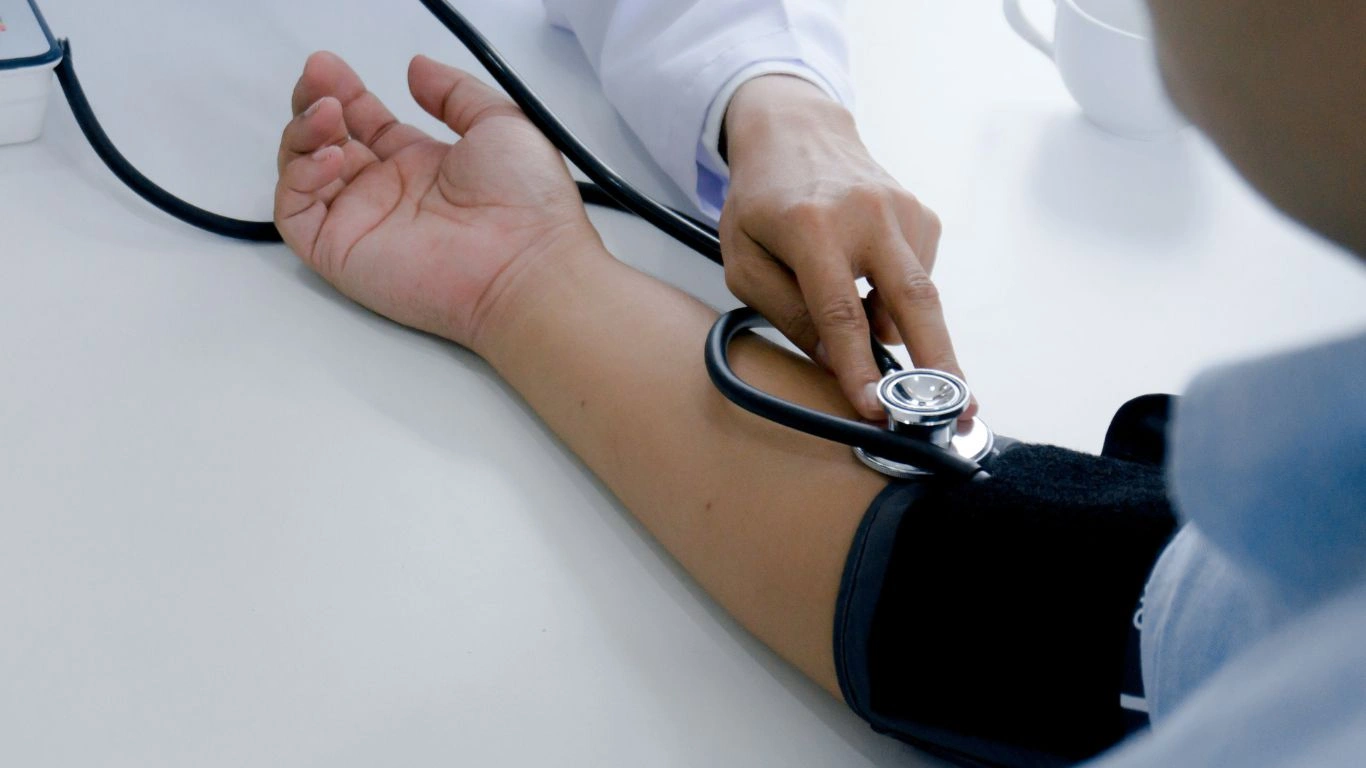
Now, let’s get into the causes. Here are the most common reasons secondary hypertension might show up:
1. Kidney Disease 🧑⚕️
If your kidneys are struggling, it can mess with your blood pressure. Your kidneys help regulate salt and fluid balance in the body, so if they’re not doing their job, blood pressure tends to rise. Conditions like chronic kidney disease can often lead to secondary hypertension.
2. Hormonal Problems ⚖️
Ever heard of Cushing’s syndrome or hyperthyroidism? These are hormonal issues that can cause blood pressure to spike. When hormones like cortisol or thyroid hormones go out of whack, it can mess with your heart and blood vessels, leading to hypertension.
3. Sleep Apnea 😴
This one might surprise you, but sleep apnea can seriously mess with your blood pressure. If you’re not breathing properly while you sleep, it can cause your blood pressure to go up. That’s why people with untreated sleep apnea often have hypertension.
4. Medications and Substances 💊
Certain meds—stuff like birth control pills, painkillers, and decongestants—can raise blood pressure. And of course, alcohol or recreational drugs can be a problem too. Always check with your doctor if you’re on meds and your blood pressure starts creeping up.
5. Renal Artery Stenosis 🩺
This is a condition where the arteries that supply blood to the kidneys get narrowed. This makes your kidneys work harder, which raises blood pressure. It’s usually caused by a buildup of plaque (atherosclerosis) in the arteries.
Troubleshooting Common Issues 🔧
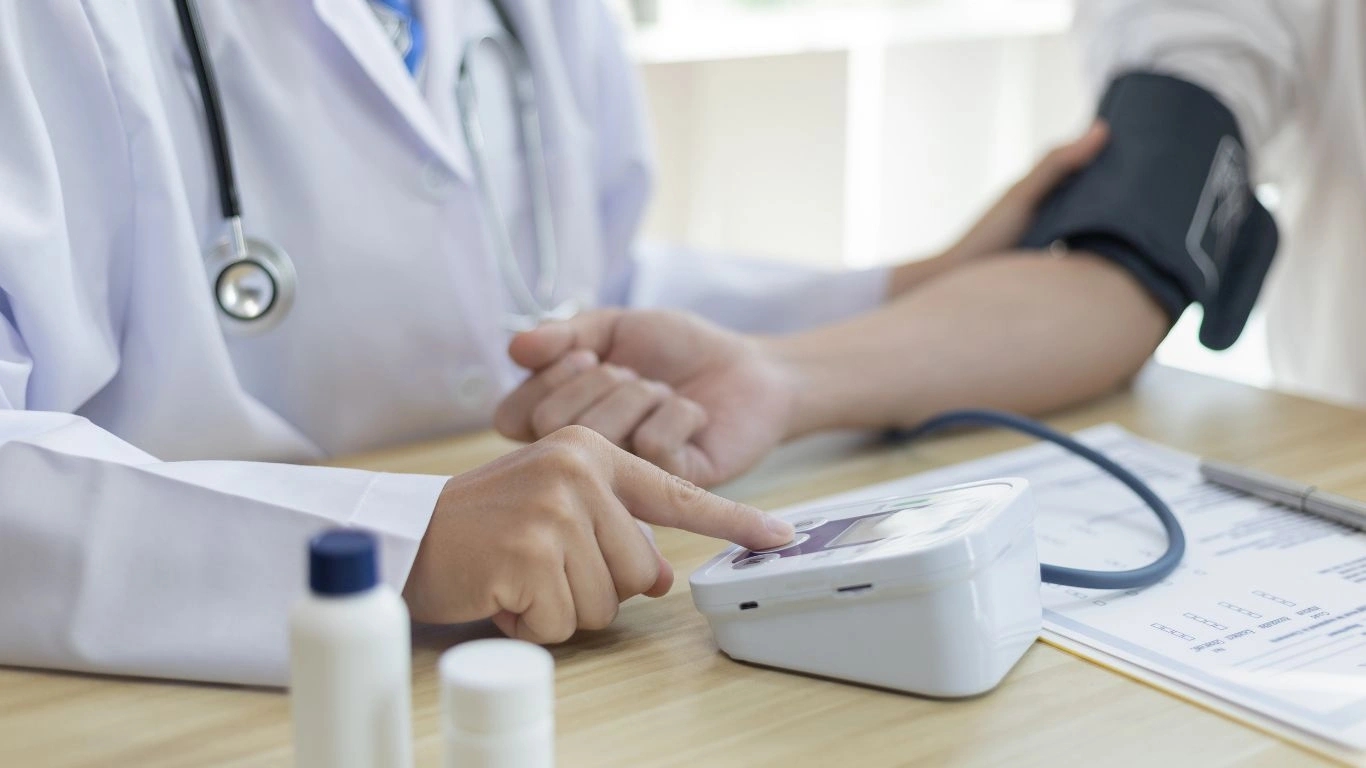
So, you’ve been diagnosed with secondary hypertension—now what? Here are a few common issues people run into and how to deal with them:
1. Delayed Diagnosis
It’s not always easy to figure out what’s causing secondary hypertension. Sometimes, people don’t even realize they have an underlying condition like kidney disease or sleep apnea until their blood pressure gets really high. Regular check-ups and being proactive about your health are key.
2. Medication Side Effects
If you’re on meds to treat secondary hypertension, they might come with their own set of problems. Some meds can have side effects that make it harder to manage your blood pressure. It’s important to talk to your doctor about any side effects you’re feeling and see if they can adjust your treatment.
3. Managing Multiple Health Issues
If your secondary hypertension is tied to something like kidney disease or sleep apnea, it can be a bit tricky to manage both the hypertension and the underlying condition. The key here is a balanced treatment plan that tackles both things at once. Your doctor will probably suggest lifestyle changes (like diet and exercise) along with meds.
Case Studies / Success Stories 💪

Case Study 1: Jane’s Kidney Disease Diagnosis
Take Jane, for example. She was in her 40s, had high blood pressure, and couldn’t figure out why. After a few tests, doctors found out she had chronic kidney disease (CKD). Once they started treating her kidneys, her blood pressure came down, and she felt way better. She switched to a kidney-friendly diet, took meds, and got regular check-ups. Now, she’s managing both her kidneys and blood pressure well.
Case Study 2: Mark’s Sleep Apnea Journey
Then there’s Mark. He’d been dealing with high blood pressure for a while, but his doctor couldn’t figure out why it wasn’t getting better. Turns out, he had severe obstructive sleep apnea (OSA). Once he started using a CPAP machine at night, his blood pressure dropped, and he was finally able to get a good night’s sleep without worrying about his health. His blood pressure has been much more stable ever since.
Key Takeaways / Summary 📋
Key points to remember:
- Secondary hypertension is high blood pressure caused by another health issue like kidney disease, hormonal disorders, or medications.
- The key is finding and treating the root cause—once that’s handled, blood pressure can often return to normal.
- Regular check-ups and proactive health monitoring can help catch secondary hypertension early.
- Real-life cases show that with the right treatment, managing secondary hypertension is totally possible.
FAQs ❓
1. Can secondary hypertension be cured?
It can often be managed by treating the underlying condition. For some, addressing the root cause can bring blood pressure back to normal.
2. What are the symptoms of secondary hypertension?
It’s similar to primary hypertension—headaches, dizziness, and blurred vision—but the difference is there’s usually another health issue causing it.
3. Is secondary hypertension worse than primary hypertension?
It can be, especially if left untreated. If the underlying condition isn’t addressed, it can lead to more serious complications.
4. How do I lower blood pressure with secondary hypertension?
Treating the underlying cause is key! Whether it’s meds, lifestyle changes, or addressing conditions like sleep apnea or kidney disease, getting to the root of the problem will help lower your blood pressure.
References 📚
- American Heart Association (AHA) – “Secondary Hypertension: Causes and Treatments”
- National Kidney Foundation – “Hypertension and Kidney Disease”
- Mayo Clinic – “Sleep Apnea and Its Link to Hypertension”
Disclaimer ⚠️
This blog is

Dr. Gwenna Aazee is a board-certified Internal Medicine Physician with a special focus on hypertension management, chronic disease prevention, and patient education. With years of experience in both clinical practice and medical writing, she’s passionate about turning evidence-based medicine into accessible, actionable advice. Through her work at Healthusias.com, Dr. Aazee empowers readers to take charge of their health with confidence and clarity. Off the clock, she enjoys deep dives into nutrition research, long walks with her rescue pup, and simplifying medical jargon one article at a time.




